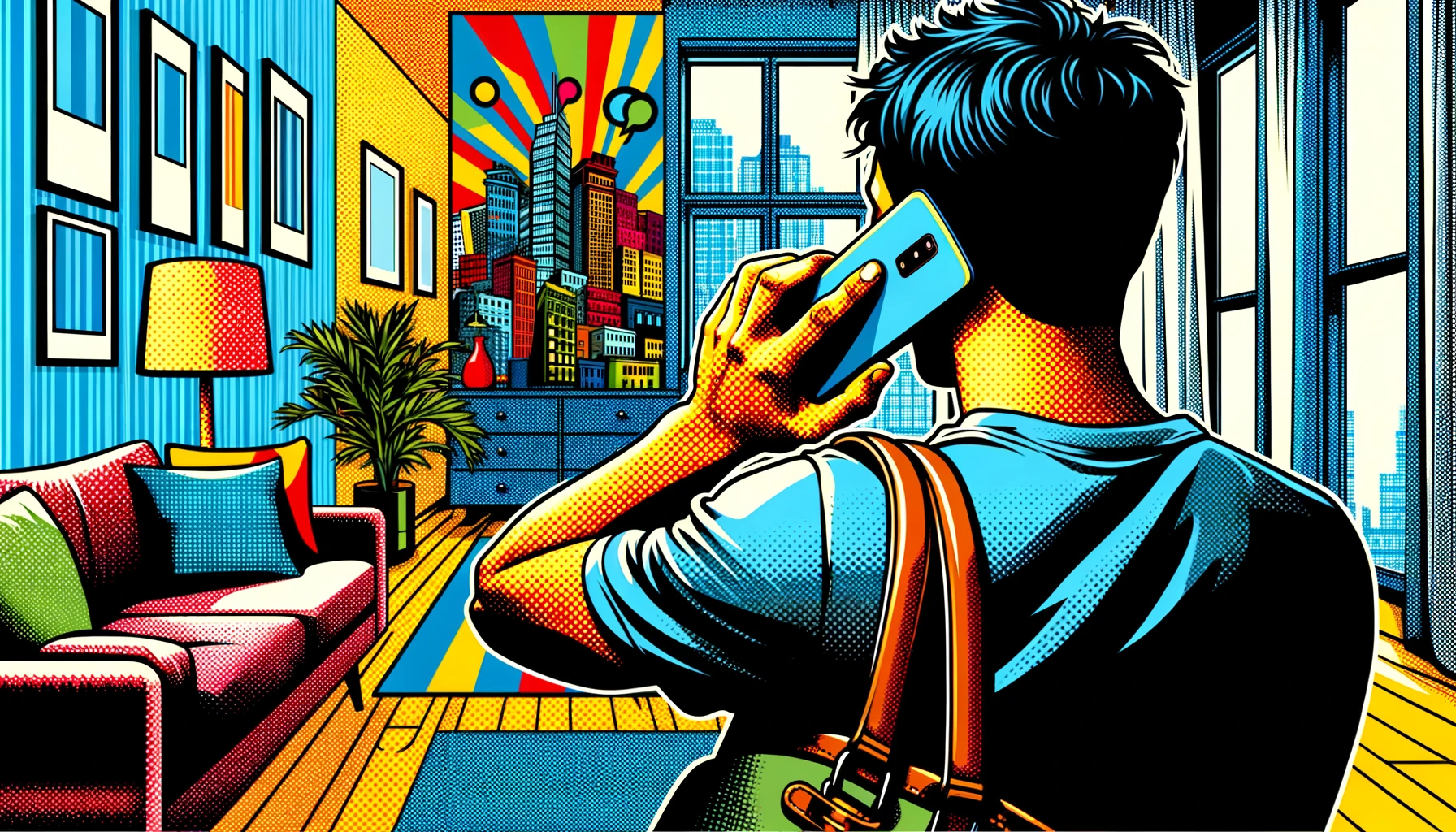Duty of Care calls as a service
How does it work?
Which players receive a Duty of Care call?
That's up to the gambling operator to decide, but typically, they are concerned about players exhibiting signs of risky gambling behaviour. Common examples include those who have wagered significant amounts in the past month, individuals who have altered their gambling habits and display signs of risky behaviour, or players with high deposit limits.
How do players experience the calls?
Most are surprised but appreciative. When they understand the call's purpose, many opt to adjust their deposit limits, expressing gratitude for someone looking out for them.
A small proportion of players feel aggrieved and hold strong integrity. While it’s sometimes possible to engage in a constructive conversation, there are instances when this proves challenging. In such cases, the gambling operator is notified and takes additional measures to follow up.
What’s the most common measure?
Lowering deposit limits is the most common measure. Adding a loss limit with operators offering that option is also appreciated among players.
How would you describe a successful Duty of Care call?
A good call is when a connection is established, and the player understands the importance of taking responsibility for their choices and considering their financial situation when setting limits. For example, to avoid setting high deposit limits based on the money left in the savings account or because you anticipate significant winnings.
How do you start a new collaboration with a gambling operator?
The first thing that needs to be in place is player segmentation. That is, which players should receive a Duty of Care call? We also need to decide on what recommendations we want to communicate to players during the call. This is something we can assist operators with. We can also provide advice on the overall flow, such as how operators should act when a player can't be reached.
Once set up, we introduce our collaboration tool where all communication, documentation, and reporting about players are managed. The application is easy to use, encrypted, and GDPR-compliant.
Now we’re all set and ready to begin.
Once operational, what does the workflow look like?
In most cases, the gambling operator has attempted to reach the player without success. The operator then forwards the player to us using the collaboration tool. Our team conducts the call, summarises it and reports back via the secured system.
Depending on the outcome, we will include recommendations for proactive Responsible Gambling measures or suggest suitable access limitations if signs of problem gambling are detected. The information is shared in the secured application.
In cases where we fail to reach the player, or when the call doesn't result in the desired effects, the gambling operator is notified and follows up with additional measures. The aim is always to establish contact with the player to understand more about their specific circumstances.
As always, evaluation is key. We have set meetings with operators to evaluate our efforts continually: What works well? Could we do something differently?

